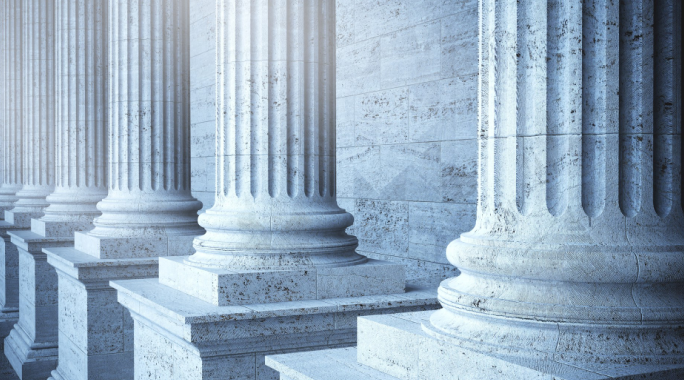
This house believes that the press should be able to publish allegations about private lives without
Defamation is the term used to describe the action of damaging an individual's reputation or character and laws governing defamation are amongst some of the oldest laws which are still in existence today. These laws exist not only in the jurisdiction of many independent nations but also internationally via Article 17 of the United Nations International Covenant on Civil and Political Rights to which a vast majority of countries have chosen to adhere to. The Article states that:
1) No one shall be subjected to arbitrary or unlawful interference with his privacy, family, home or correspondence, nor to unlawful attacks on his honor and reputation.
2) Everyone has the right to the protection of the law against such interference or attacks.1
In the 21st century, in a world of mass communication with a vast variety of different mediums the issue of defamation is growing ever more salient. In the United Kingdom the recently high-profile case between the now former president of Fédération Internationale de l'Automobile (FIA) Max Mosley and the now defunct News of the World newspaper brought the issue to the fore and forced the issues of the pros and cons of defamation law into the limelight. In this case the newspaper published several stories regarding Mr Mosley’s involvement in sadomasochistic sex acts involving several female prostitutes, the paper published the story without providing him with fair warning, he then subsequently claimed successfully against the newspaper for invasion of privacy in the UK High court. After this settlement he then when on to the European Court of Human Rights to try and change UK Laws so that a judge would be “...permitted to scrutinize any claims before they are made public”2, which some argue is too restrictive and would hinder the media in its role as watchdog. The issue gained even more attention in July 2011 following revelations that the News of the World hacked not only into celebrities’ phones but also those of politicians; victims of terrorism and the presumed missing, but then found dead, phone of 13 year old Milly Dowler. Should then the press be able to print allegations about people without their without prior consultation or does the person who is being reported about deserve the right to know what is going to be published before hand?
Bibliography
BBC (2008) Mosley Wins Court Case Over Orgy. [online] [accessed 29th July 2011]
BBC (2011) 'Jo Yeates' landlord settles libel case out of court', BBC News. [online] [accessed 3rd August 2011].
Jefferson, T. (1786) Letter from Jefferson to James Currie. [online] [accessed 29th July 2011]
Milmo, C. (2008) Mosley's crusade to banish 'kiss and tells' [online] [accessed 29th July 2011]
O’Neill, O. (2006) A right to offend? [online] [accessed 17 April 2012]
Prince, R. (2009) MPs Breaking Tax Laws, Chief Inspector Says.” [online] [accessed 29th July 2011]
Society of Professional Journalists. (2011) SPJ Code of Ethics. [online] [accessed 29th July 2011]
Have a good for or against point on this topic? Share it with us!